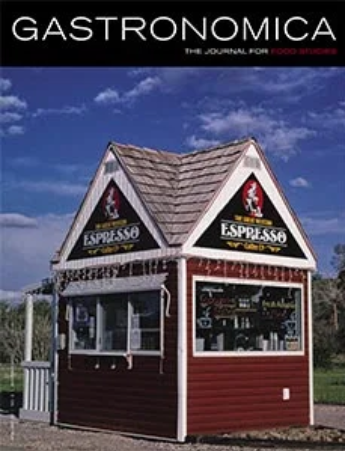Disciplining Polenta: A Parody on the Politics of Saving Food (forthcoming in 2020)
Abstract: This article begins with a parody, a fictitious set of regulations for the production of “traditional” Italian polenta. Through analysis of primary and secondary historical sources we then discuss the various meanings of which polenta has been the bearer through time and space in order to emphasize the mutability of the modes of preparation, ingredients, and the social value of traditional food products. Finally, we situate polenta within its broader cultural, political and economic contexts, underlining the uses and abuses of rendering foods as traditional—a process always incomplete, often contested, never organic. In stirring up the past and present of polenta and placing it both within the projects of Italian identity creation and the broader scholarly literature on culinary tradition and taste, we emphasize that for so-called traditional foods to be saved, they must be continually reinvented.

